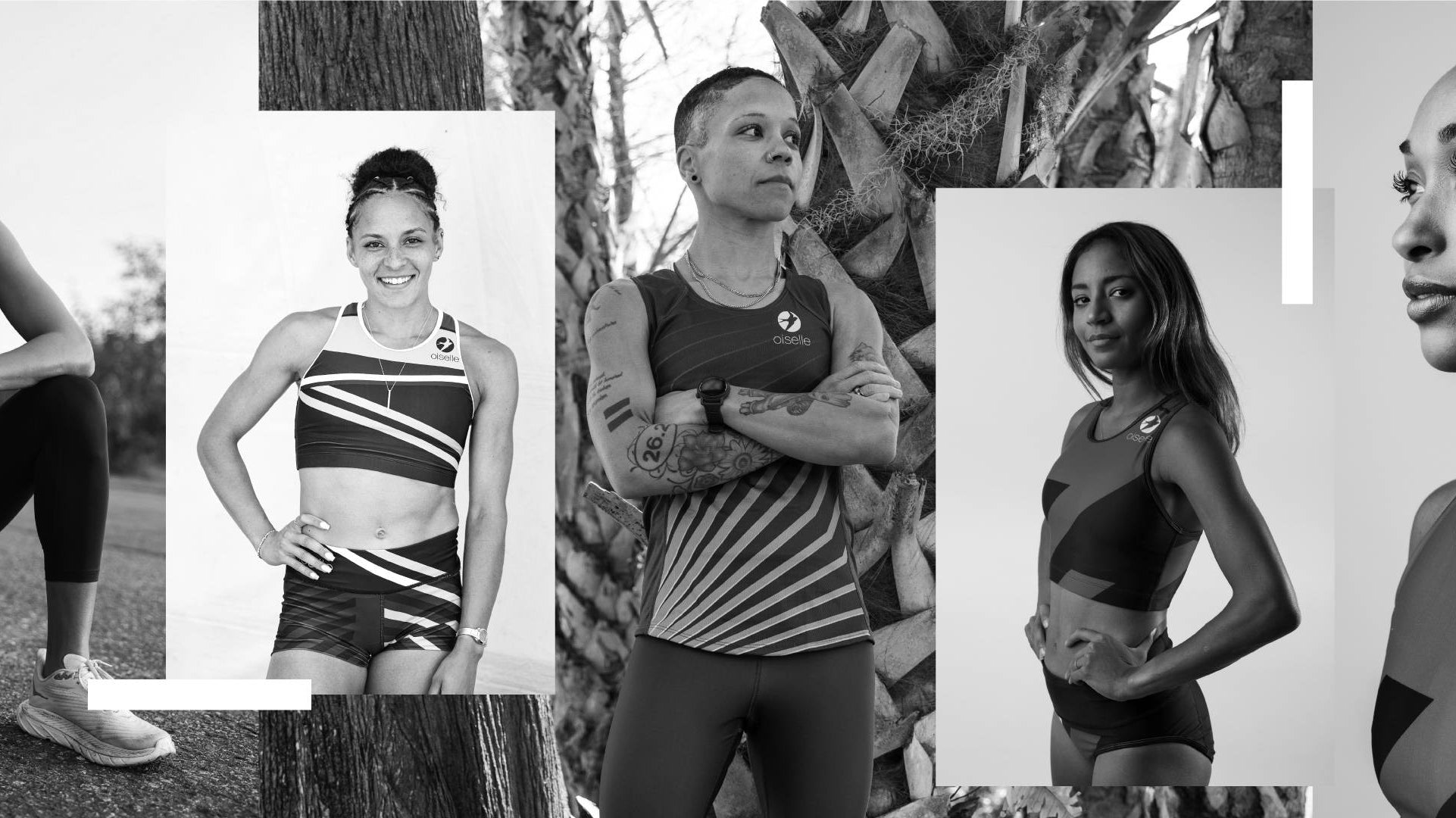August 11, 1973 is considered to be the birthday of Hip Hop. To celebrate, we’d like to share this blog post by one of our Volée members, Karen Bagley, about the bittersweet joy that the 21st century parental nostalgia relay race can bring – enjoying the past, passing the cultural baton, and watching what happens as the next generation takes the baton and runs. All the while fighting for a world where Black Joy is not only celebrated, but fostered and encouraged. Enjoy.
“Boogie Down Productions / Will always get paid / We’ll take the wackest song / And make it better / Remember / To let us into your skin / Cuz then you’ll begin / To master / Rhyming rhyming rhyming…”
I didn’t make it to the end of the verse before my cell phone camera-work, already a little shaky, lost any semblance of being watchable. I, along with the crowd of the mostly 1960s, ‘70s, and ‘80s babies that loosely filled Eagle Bank Arena, had lost my mind as I watched the final act, KRS-One, perform one of the signature songs in his collection.
I took a quick look to see if my baby, born in 2007, was having as much fun as I was. Decidedly, he was not! In fairness, my energy would have been really hard to match. But he did seem to be enjoying the show. The idea to take him to the All-Stars of Hip-Hop concert was one in which I’d promised to show him “what real hip-hop is all about.”
While lost a bit in my own nostalgia for a time when I wasn’t much older than my son is now, I also felt connected to the (mostly Black) strangers bobbing their heads, pumping their fists, and spitting every verse in unison with Slick Rick, Monie Love, Greg Nice, and (my high school heartthrob!) Big Daddy Kane. A guy a couple of rows ahead turned to my son, shouting to be heard above Chubb Rock, and said “young dude, you don’t even understand, man! This is like our Kodak Black, our Soulja Boy, whoever you listen to these days…” before giving him a good-natured fist bump and joining in the chorus to “Treat ‘Em Right."
I looked across the sea of faces of people who were at the concert with friends, with partners, with children. I thought about our collective willingness to brave a pandemic that refuses to die, and a racial reckoning that has died all too swiftly. All for an opportunity to bask in the beauty of Black music and Black culture.
I thought about some of the “real hip-hop" lessons I wanted my son to learn: creating a beat from the sound of your mouth; breakdancing on broken down cardboard boxes; only needing "two turntables and a microphone..." In other words, making a way out of no way. Creating a space for yourself that is reflective of your own experiences without asking permission, and finding joy and affirmation in the process.
I’m taking him to see Tyler the Creator, one of his favorite artists, next month. I’m excited to spend some more time with my kid before he’s no longer a kid. And I can’t wait to see the way he experiences Black Boy Joy through lyrics and beats and artistic expression. What real hip-hop is all about.
Epilogue
The traffic, which nearly made us late, was my first indication of the magnitude of this show. My son and I were just two in the capacity crowd that packed Capitol One Arena. The audience was younger, more diverse; maybe emblematic of this new generation of hip-hop, the inclusive world we strive to be, even if we don’t always get there.
The audience bounced with Kali Uchis and rocked with Vince Staples and Teezo Touchdown, but clearly was ready for the main event. Once Tyler finally appeared, emerging through the sunroof of a baby blue vintage Rolls Royce that ascended from below the stage, the already raucous crowd erupted. I watched my kid taking in the moment, belting out the lyrics to “See You Again” in concert with others, sharing a connection through artistry and winking cellphone lights from across the arena’s expanse.
As Tyler traversed the floor by boat from one elaborate stage to another, not missing as he delivered hit after hit, I thought about how far we are from “two turntables and a microphone.” Hip-hop, which I remember in its infancy, feels a little foreign to me these days. Yet, as with my son, who has also changed in ways and uses language I don’t always understand, I see the imprint of its earlier days. I love the essence that remains, combined with the innovation that feels slightly beyond my reach. Tyler urges his fans to “Call Me If You Get Lost.” Maybe I’ll take him up on that offer.










